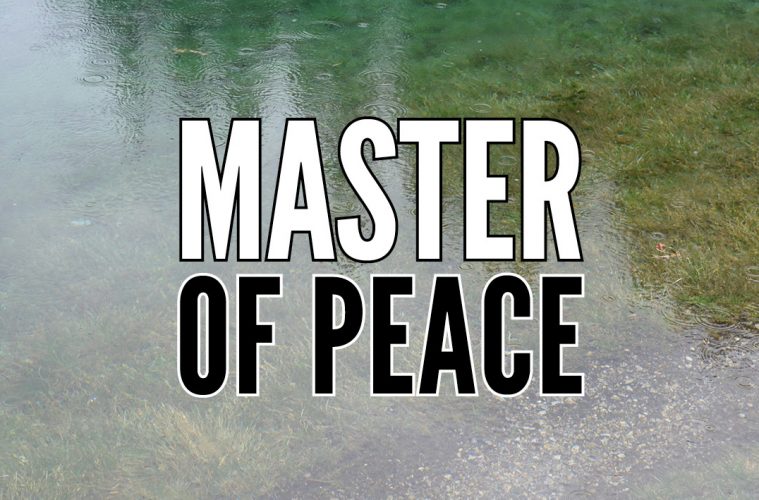A story of breaking taboos and overcoming cliches
If there is no perception of female violence in human minds, how can it be recognised in reality? Those were my thoughts when I became interested in the topic of female violence and its underrepresentation in Austria, which happened during a seminar on violence with Prof. Jenny Pearce. Doing my research on domestic violence in Austria, I came across neither a single piece of statistical data nor an article where a woman would be a perpetrator. This fact was bewildering and frustrating for me, so I decided to dig deeper, developing this subject as a Master thesis proposal. I faced extreme challenges in gathering the facts of female violence, also from institutions which I approached, be it the Gender Studies Department of the University of Vienna, the Vienna Men Counselling Center or others, they did not take this topic seriously, meaning that women are considered to be merely victims but not perpetrators of violence.
The deeper I went into the research, the more I understood that female violence is taboo in Austria. There exists a clear tendency to treat violence exclusively as a male quality; moreover, other facts which play a crucial role in female violence not being recognized are social narratives of a mother, a monster or a whore where violence perpetrated by a woman is defined as a caring act, issues with connection to her own femininity or sexual deviance. I concluded from my research that female violence remains unseen, unwelcome, and undiscovered first of all because it demands rethinking mind-sets based on taboos and narratives. Suppose we want to have an elicitive and a holistic understanding of violence and widen the protection opportunities for those in need, in that case, women violence must be included in the research data and general polemics because not seeing female violence means not seeing its victims, leaving them alone with their trauma.
I had different stages in my writing process: from feeling alone and abandoned to fulfilled and happy by bringing such an unrepresented piece of research on violence to light. The most powerful experiences that made me were the conversations with female-violence affected persons who trusted me with their sorrowful stories. They have proven to be of crucial value in the field of still so much unresearched terrain of violence.
Further reading Motz, Anna. 2008. The Psychology of Female Violence. New York: Routledge. Weldon, V. Estella. 2018. Mothers, Madonnas, Whores. The Idealisation and Denigration of Motherhood. New York: Routledge. Weber, Annette. 2018. “Why a Feminist Standpoint Epistemology Is Necessary in Times of Hegemonic Masculinity: Thoughts on Intersectionality and Transrationality”. In Echoes to Many Peaces: Transrational Resonances edited by Echavarría Alvarez, Josefina, Ingruber, Daniela and Koppensteiner, Norbert. Cham, Switzerland: Palgrave Macmillan, 2018. 83-108.
IRYNA SCHRAM was born in Ukraine and is now based in Austria, where in 2020 she graduated from the MA Program in Peace Studies at the University of Innsbruck. Currently she is a representative of Trust for Youth and Child Leadership (TYCL) NGO at the United Nations Office at Vienna (UNOV) and is joyfully raising a child together with her partner August.


